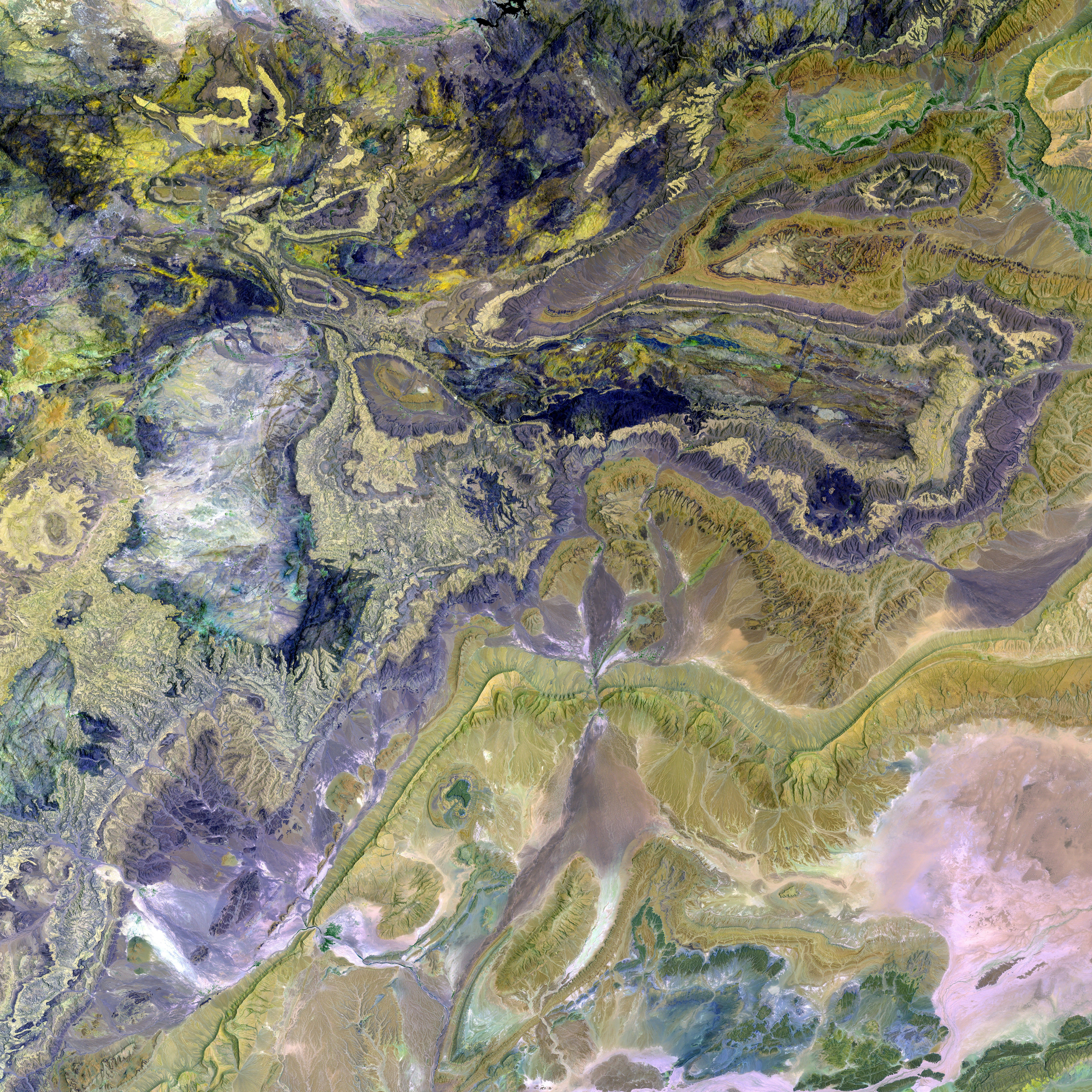Exploring the effectiveness of activated charcoal detoxifications: What's the truth?
Activated charcoal is a substance derived from burning carbon-rich materials like wood, which manufacturers then treat to enhance its porosity and surface area. This procedure makes the charcoal more effective at binding with certain toxins due to its increased ability to absorb substances. In medical situations, doctors may utilize activated charcoal to bind to ingested poisons within the digestive tract, preventing the body from absorbing them. However, only specific toxins can be neutralized by activated charcoal, and it's crucial to consult a doctor before using over-the-counter (OTC) products for detox purposes as current research does not support these claims.
The effectiveness and risks associated with an activated charcoal detox are discussed in this article.
What is an activated charcoal detox?
Activated charcoal is a black, fine powder derived from burned carbon-rich materials such as wood or coal.
Manufacturers subject the charcoal to various processes, increasing its porosity and surface area, which enhances its ability to adsorb substances. This procedure is what converts ordinary charcoal into "activated" charcoal.
Doctors may administer activated charcoal to bind with specific poisons in individuals who have ingested them, preventing the gut from absorbing the substances.
Activated charcoal's ability to bind only to certain substances makes its usage as a remedy limited to specific toxins.
Some manufacturers promote activated charcoal as a means to support overall body detoxification through OTC products. However, scientific evidence does not currently support these claims.
FDA has issued warning letters to some of these product manufacturers, citing that their products are neither safe nor effective for detoxification purposes. They require FDA approval as drugs before marketing themselves as such.
Consulting a doctor before consuming OTC activated charcoal products is essential, as further research is required to determine whether activated charcoal can contribute to better health.
Does activated charcoal detox the body?
Doctors administer activated charcoal to prevent the body from absorbing toxic substances that bind to this type of charcoal.
Activated charcoal's effectiveness diminishes beyond an hour after toxin ingestion, as the toxic substance may no longer be present in the stomach. For optimal results, it should be administered within this time frame.
The appropriate dosage of activated charcoal depends on the amount of poison consumed. If the ingested dose is known, doctors may administer up to 10 times the amount of activated charcoal as the toxin dose. This dosage may not be practical for large poison ingestions or unknown toxin doses, in which case 1 gram of activated charcoal per kilogram of body weight may be prescribed.
Doctors may administer a single dose of activated charcoal only if they can ensure it will be effective against the ingested toxin and the patient is alert and cooperative. In certain life-threatening situations, multiple doses may be necessary, such as those involving ingestion of carbamazepine, dapsone, phenobarbital, quinidine, and theophylline.
Substances that do not bind to activated charcoal
Certain substances, such as some metals, hydrocarbons, alcohol, electrolytes, and very acidic or basic substances, do not bind to activated charcoal. This means it will not be an effective remedy for their toxic effects.
People should seek immediate medical attention if they have ingested a toxic substance rather than relying on OTC activated charcoal products. A physician will determine if activated charcoal is an appropriate remedy and monitor the patient's condition.
Traveler’s diarrhea
Some manufacturers claim that activated charcoal products can alleviate symptoms of traveler's diarrhea. However, the Centers for Disease Control and Prevention state that there is no concrete evidence supporting these assertions.
Further research is necessary to determine the effects of activated charcoal products on gastrointestinal disturbances.
Removing phosphorus from the blood
When individuals with chronic kidney disease have difficulty removing excess phosphorus from their blood, researchers are investigating whether activated charcoal can aid in this process by removing phosphorus.
In a study, a group of Chinese patients with stages three to four kidney disease was given activated charcoal, and others were given other phosphorus-binding substances. The results showed that participants who utilized activated charcoal had slower rises in phosphorus levels.
However, more research is necessary to determine the effectiveness of activated charcoal in managing phosphorus levels in patients with kidney disease.
Activated charcoal risks and side effects
Many people find the taste and texture of activated charcoal drinks unpalatable. Some individuals may experience vomiting after ingesting charcoal, which may increase the risk of aspiration pneumonia.
Large or repeated doses of activated charcoal may cause a blockage in the digestive tract.
It is crucial to administer activated charcoal only when the potential benefits outweigh the risks.
Over-the-counter activated charcoal products are available. Some of these products may make unproven health claims, for which the FDA has issued warning letters to correct the misinformation.
Consulting a doctor before consuming activated charcoal is essential for safely determining its use in specific situations.
If someone has ingested poison, they should not attempt to administer activated charcoal by themselves.
Instead, one should get in touch with a medical professional promptly. They could also dial the toll-free Poison Control hotline at 800-222-1222.
Overview
Professionals generally advise against utilizing activated charcoal for widespread detox purposes. Activated charcoal is only effective against certain toxins under specific conditions.
Physicians might employ it to eliminate specific poisons from the system shortly after consumption. People should refrain from using activated charcoal for toxins without a doctor's advice.
Activated charcoal may lead to unwanted side effects, such as nausea or intestinal obstructions. A physician will only prescribe it if the advantages surpass the risks.
Activated charcoal may not be effective in treating diseases like Crohn's, depression, or migraines, as its primary use is to bind with specific toxins in the digestive tract. The predictive capacity of activated charcoal in preventing or reducing symptoms of these conditions is not yet established in scientific research.
Despite some manufacturers claiming activated charcoal can alleviate symptoms of traveler's diarrhea, the Centers for Disease Control and Prevention have not found concrete evidence supporting these assertions. Therefore, the use of activated charcoal for this purpose should be approached with caution.
Researchers are investigating whether activated charcoal can aid in removing excess phosphorus from the blood in individuals with chronic kidney disease. However, more research is necessary to determine its effectiveness and safety as a phosphorus-binding agent in this population.








